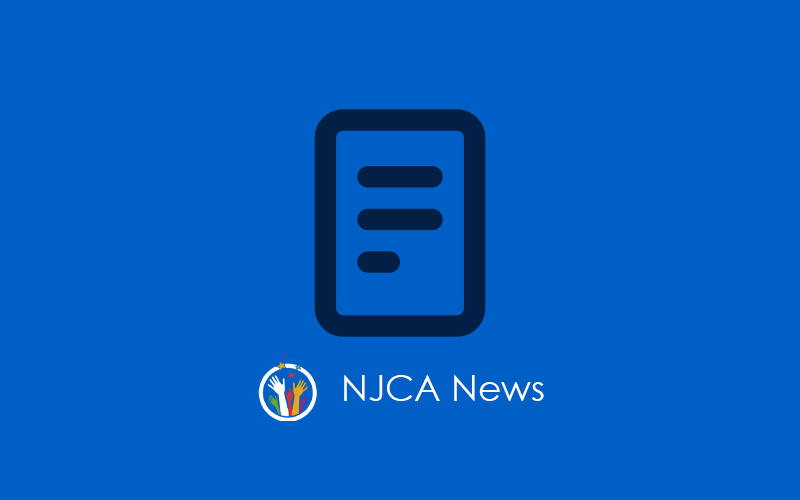Following the July 4, congressional recess work period, the Senate and the Biden Administration have resumed negotiations over proposals to make significant investments in our nation’s infrastructure. On June 24, 2021, President Biden announced the White House had reached a deal with a group of bipartisan senators on a $1.2 trillion spending framework. The package, now referred to as the Bipartisan Infrastructure Framework (BIF), makes investments into traditional infrastructure, including but not limited to roads and bridges, clean energy, railway expansions, water infrastructure, and rural broadband. The framework will include $579 billion in new spending for transportation-related projects and $266 billion into non-transportation infrastructure. The negotiators still need to finalize how they would pay for the plan, as Republicans vow not to touch the 2017 tax cuts, and President Biden says he will not raise the gas tax or electric vehicle user fees.
The framework has been endorsed by several bipartisan interest groups, including the House’s Problem Solver’s Caucus, the National Council of Mayors, the U.S. Chamber of Commerce, and the AFL-CIO. The group of senators that originally negotiated the package are now working to turn it into legislative language, but there are signs that the negotiations could run through the end of July and continue early into the Senate’s planned August recess.
While this infrastructure bill will require 60 votes to pass the Senate, meaning that at least 10 Republicans are going to need to support the final measure, Senate Democrats and the White House are also beginning to negotiate a “human infrastructure” bill addressing additional components of the President’s American Jobs Plan and American Families Plan. This package will likely be passed as part of the budget reconciliation process, passing the Senate and possibly the House without Republican support since only a simple majority vote is needed to pass a budget reconciliation bill. The fate of that measure depends a lot on what happens with the bipartisan infrastructure agreement, but the reconciliation bill is expected to be far more expensive. At this time, the Senate Budget Committee Democrats have announced a FY 2022 budget resolution funding level of $3.5 billion. It remains unclear if the House and Senate will consider each chamber’s FY 2022 budget resolutions prior to the August congressional recess work period. The budget reconciliation measure would not be considered until the fall at the earliest.
NJCA and the Government Affairs Committee Strategic Advisory Group continue to work with congressional leaders to address infrastructure concerns in the Job Corps program. The President’s and the Congress’ focus on addressing human infrastructure provides a nexus to directly engage with House and Senate policymakers to ensure the Job Corps program receives the necessary support to address its current infrastructure needs, notably the $700 million construction and renovation backlog.







